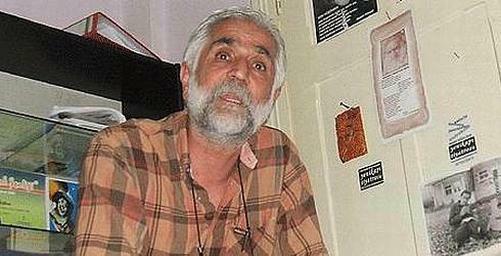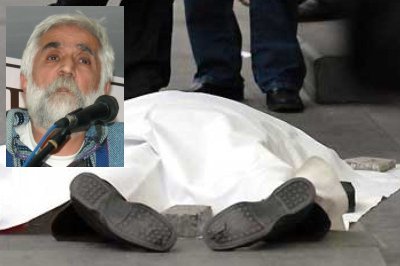Writer Temel Demirer’s prosecution under the controversial Article 301 is based on a comment he made about the assassination of Turkish-Armenian journalist Hrant Dink.
He said, “Hrant Dink was not killed for being Armenian, but because he acknowledged the genocide [against Armenians in 1915].”
Minister of Justice allowed prosecution
Former Minister of Justice Mehmet Ali Şahin gave the permission for his prosecution, and even made a public statement in which he said, “I will not let anyone call my state a murderer.”
Demirer is now on trial at the Ankara 2nd Criminal Court of First Instance for “denigration of the Turkish state.” He faces two years imprisonment. The next hearing of the case is on 29 May.
His lawyers took the case to the Ankara 4th Administrative Court in order to have the ministerial approval for a trial revoked. The court took the case in hand on 12 May and its decision will be announced to the writer and his lawyers later.
Court insists judiciary is independent
Speaking at the hearing, Demirer said that the court would be making a decision on the most basic security of citizens, on the independence of the judiciary. He added, “You will decide whether the salt smells or not.”
To this the judge Kadir Kavas reacted, saying, “Whatever the laws dicate, this court will decide. Nothing can affect that…Even if the eyes on the new statue of Justice in front of the Constitutional Court are open, the eyes of the woman in front of us are still covered, and she hands out justice with scales, we hand out justice.”
Demirer’s lawyer Levent Kanat has accused the former Minister of Justice of interfering with the judiciary and of having targeted the writer with his comment. He called for the case to be dropped.
Support for Demirer
Representatives of several rights organisations were in court to support Demirer: academic Fikret Başkaya, Hüseyin Cevher from the 78’ers Initiative, Hüseyin Taka from the Socialist Democracy Party (SDP), representatives from the KESK trade union confederation and the Health Workers’ trade union (SES), as well as members of Ankara’s Initiative for Freedom of Expression. (EÖ/AG)












